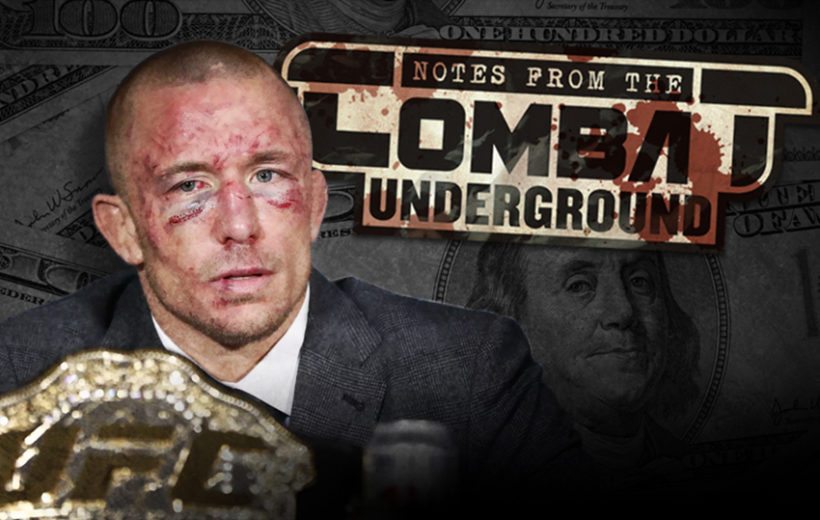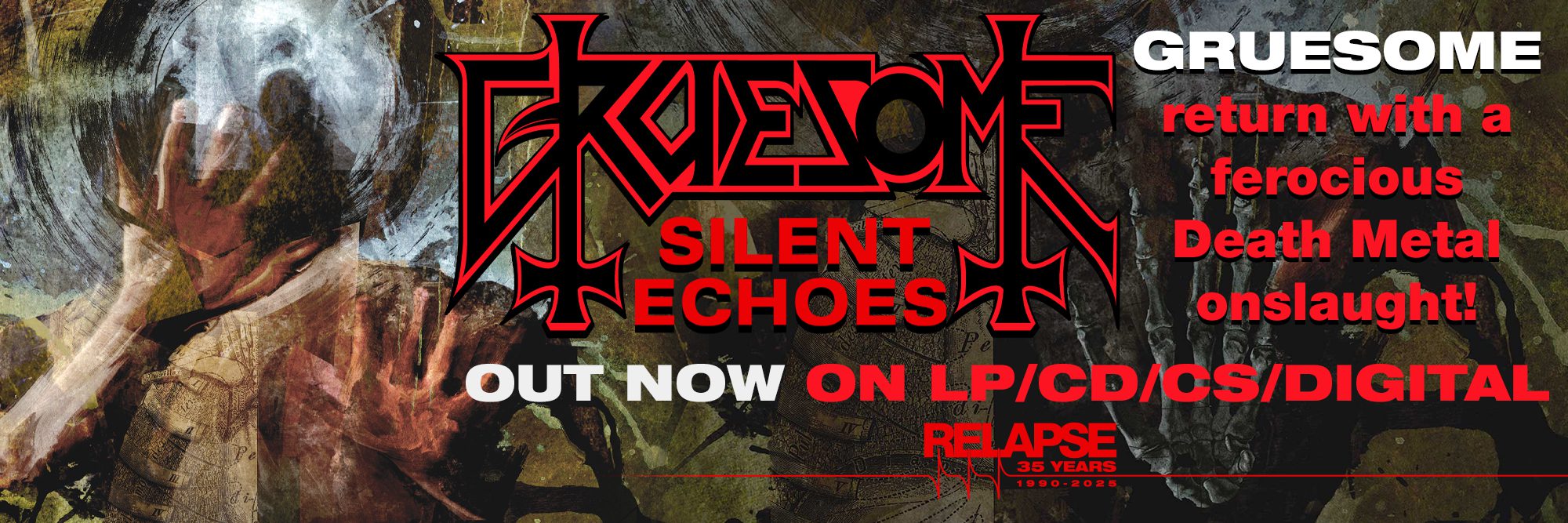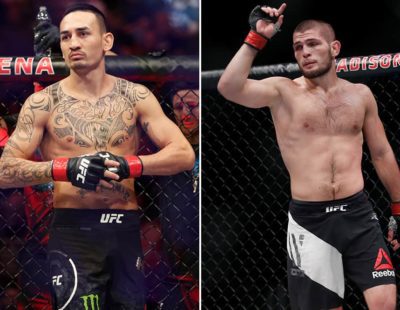
In a perfect world, being champion would mean that not only were you the best, but you would take on all comers until someone better, stronger or more skilled could take you out. The term “champion” had value at one time in the UFC, but in the post-Zuffa era, that accolade means next to nothing.
The UFC was founded on the principle of trying to determine which martial art is the best, most effective form of combat. True, when Art Davie and Rorion Gracie started the organization back in 1993, the promotion was little more than a spectacle where martial arts specialists, brawlers or just your basic badasses would get locked in a cage with next-to-no rules and duke it out. It was the age of “no holds barred,” high drama that gave us the likes of Royce Gracie, Ken Shamrock and Dan Severn. It was extreme, over-the-top and owed a lot to Vince McMahon, the illustrious WWF / WWE guru, but the primary difference was that each fight was real. Based on a tournament system, winners fought winners until there was only one man left standing. Hell, back then they didn’t even have weight classes!
There was very little money on the table. The first incarnation was on the verge of failure when Frank and Lorenzo Fertitta, along with partner Dana White, purchased the UFC for $2M. As time went on, the UFC slowly began its ascent into the mainstream. If you were champ of a division, you had bragging rights to be being the toughest dude in the weight class; there were no interim belts, no dodging, no holding out for “money fights.”
When WME-IMG purchased the UFC for a reported $3.5 billion, all of that changed. The era of manipulation was upon us. The era where champions can avoid contenders in the hopes of landing one of the coveted money fights a la the two McGregor – Diaz fights. Though it would be easy to single McGregor out as the ruination of the integrity, the blame rests squarely on the shoulders of the UFC.
Prior to the sale, Conor McGregor and Ronda Rousey were the only fighters to date that became household names in the mainstream. They were the promotion’s biggest stars. It wasn’t just for the hardcore fans anymore; suddenly there was real money was on the table. In the ultimate public relations move, McGregor was allowed to become the “first two-division champ” as he KO’ed Eddie Alvarez at Madison Square Garden to secure the Lightweight Title strap in addition to the Featherweight Title that he took away from Jose Aldo. He held both belts for a brief moment.
Around this time, the Interim Title subplot began. Jose Aldo fought Frankie Edgar for the interim featherweight title while McGregor held up the division chasing fame and fortune with his money fights against Nate Diaz. Aldo outpointed Edgar and it looked like he would get the opportunity to avenge his defeat. That is, until the UFC forced McGregor to relinquish his belt. Overnight, Jose Aldo graduated from interim champ to actual champ without fighting a unification bout, the traditional way of settling these things.
Things were no better up in the Lightweight division where McGregor held his second title. While he was taking his money fight in the boxing ring against Floyd “Money” Mayweather, the division was at a standstill so it was time to fabricate another interim title again. Tony “El Cucuy” Ferguson defeated Kevin Lee at UFC 217 to determine that he would wear this arbitrary belt. As we’re quickly learning, an interim belt does not guarantee that you will have a shot at current champ. The word on the street since Conor McGregor had his big payday is that he may never return to the octagon. Dana White commented, “try to get up and get punched in the face every day when you have $100 million in the bank.”
Meanwhile, up at middleweight, Luke Rockhold, on his first title defense after beating Chris Weidman, gets knocked out by Michael “The Count” Bisping. Originally, the fight was scheduled to be a rematch with Weidman, but he withdrew due to a neck injury. Bisping had been shooting scenes for Twin Peaks weeks before getting the call to replace Weidman and stepped up as a late replacement. On the night of the fight, you could see that Rockhold didn’t respect Bisping, No love was lost between the two; Rockhold had submitted him two years prior at UFC Fight Night Australia. Rockhold advanced with his hands down and within the opening minutes of the first round, he found himself on the canvas wondering where it all went wrong.
In a way, it was kind of cool that Michael Bisping had his moment as champ. He had been toiling away for the better part of a decade, clawing his way to the top of the division, getting inches from a title shot only to lose a crucial fight and be put at the back of the queue. There is something poetic about it, where at the end of his career, the salty vet gets to go down in history as the champ of a very competitive division, even though the whole thing was kind of a lark.
Bisping became a black belt in the fine art of ducking contenders. Instead of fighting Yoel Romero, Robert Whittaker or Jacare Sousa, who were in line for a title shot, he was given a rematch with Dan Henderson who was not even in the top ten of the division. For years, Bisping had carried his loss to Henderson who had brutally knocked him out way back at UFC 100. Bisping beat the 47 year-old Dan Henderson in a five round unanimous decision fight. Well, at least he defended the title, even if it was against a guy close to retirement.
In an obvious grab for money, the UFC booked The Count to fight returning Georges St-Pierre, the former welterweight champion who had been retired for the past four years. There are several things wrong with this from a competitive standpoint. St-Pierre had never even competed at middleweight and had vacated his title at welterweight before disappearing into retirement. With a murderer’s row of able-bodied, relevant contenders, how does a fight like this make any sense? As pure entertainment, the fight was interesting: will St-Pierre be able to hang after four years off? Can he carry the extra weight? Bisping is a big Middleweight that has fought at light heavyweight. No doubt, it’s an interesting premise.
Possibly, as a gesture of goodwill to the hardcore fans, the UFC created an interim title bout between Yoel Romero and young buck Robert Whittaker. Typically, an interim title is created when the champion is unable to fight due to long-term injury. In the new regime, the interim title is used when the champion decides that there are better fights out there for more money and less risk.
At UFC 217, St-Pierre defeated Michael Bisping securing the Middleweight title only to vacate the title. St-Pierre was quoted as saying, “My fight at UFC 217 was one of the greatest nights of my life but I now need to take some time to focus on my health. Out of respect to the athletes and the sport, I don’t want to hold up the division.” As a result, Robert Whittaker was crowned the undisputed champion of the middleweight division and will face former champ Luke Rockhold at UFC 221 in early 2018.
Dana White’s sullen commentary on the St-Pierre situation paints a cynical picture of what the future of the UFC may have in store for us. “Am I shocked? I don’t think anybody’s shocked. He came out, he hand-picked Bisping and went away again. It is what it is. He doesn’t want to fight anybody at welterweight. That’s why he fought Bisping. He didn’t want to fight Woodley. He didn’t want to fight ‘Wonderboy’ Thompson. He didn’t want to fight any of those guys. He only wanted to fight Michael Bisping. He did, and now he’s off again.”
Is this the new business model for the UFC? The perception is that the best fighters in the world compete for fame and fortune. It’s obvious that the direction of the promotion is make money fast to recoup the inflated price that they paid Zuffa for an organization that is probably worth less than a fraction of that. This can only be bad for the sport. Everyone likes a fun fight; check out the Royce Gracie / Ken Shamrock “tent pole” event that Bellator had a few years ago. It was fun, but ultimately didn’t mean anything as far as the rankings go. When you begin mixing the two, invalidating the fundamentals of competition, it cheapens the value of holding a title and is an insult to all of the hard work that the fighters put in week after week, month after month and year after year. You run the risk of turning one of the coolest combat sport promotions into a joke.





